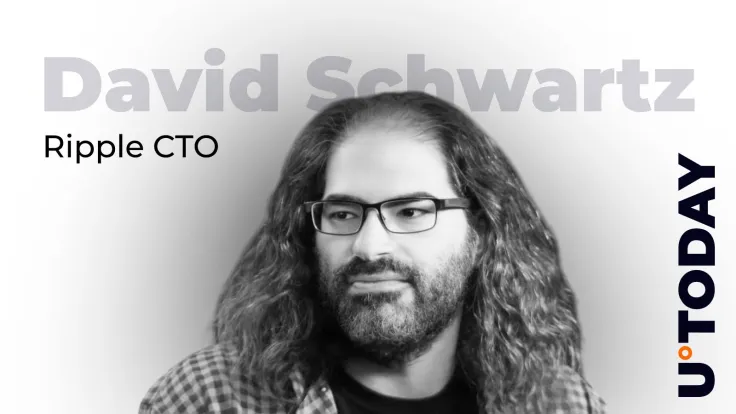As noted by Ripple CTO David Schwartz, XRPL has been around since 2012, and the blockchain world has changed dramatically since then.
His own thinking about governance and consensus has evolved as he sees new use cases and technologies emerge.
The Ripple CTO is now thinking seriously about how XRPL could support DeFi natively, rather than relying on external protocols.
"With programmability initiatives and smart contract discussions underway, it seemed like a good time for us to also discuss what other DeFi capabilities natively could look like," Schwatz said.
Core philosophy of XRPL
Schwartz sees XRPL as fundamentally different from PoS chains. Validators are supposed to be equal since it’s about stability and trust, not about who holds the most tokens.
Transaction fees are supposed to be burned instead of being used as staking rewards.
The ledger specifically is optimized for speed, low cost, and secure settlement.
Hence, any “staking” or DeFi functionality must not break these principles.
From his vantage point, it's a philosophical problem: how do you expand capabilities without undermining what makes XRPL unique?
Two-layer consensus idea
Schwartz has envisioned splitting XRPL’s responsibilities into two layers:
The outer layer would handle the existing governance, amendments, fees, and policing.
Meanwhile, the inner layer is incentivized and handles frequent ledger advancement, possibly using staking/slashing.
This would preserve the XRPL’s speed and simplicity for payments while allowing new validator diversity without slowing things down and making the network more resilient.
In Schwartz’s view, this is technically elegant and fits XRPL’s philosophy better than directly converting XRPL into a typical PoS chain.
ZK proof idea
Schwartz also considers using transaction fees to pay for zero-knowledge proofs of smart contract execution:
He sees this as a way to enable complex on-chain operations without forcing every node to execute heavy computations.
This could allow programmability and DeFi functionality while keeping the base ledger lightweight and fast.


 Dan Burgin
Dan Burgin Vladislav Sopov
Vladislav Sopov